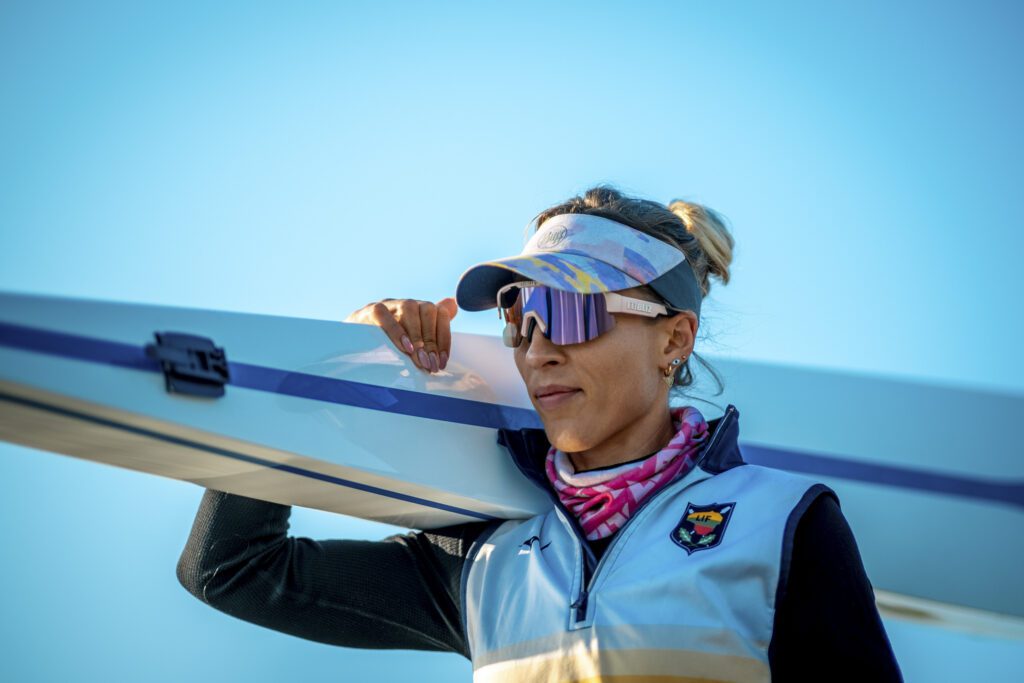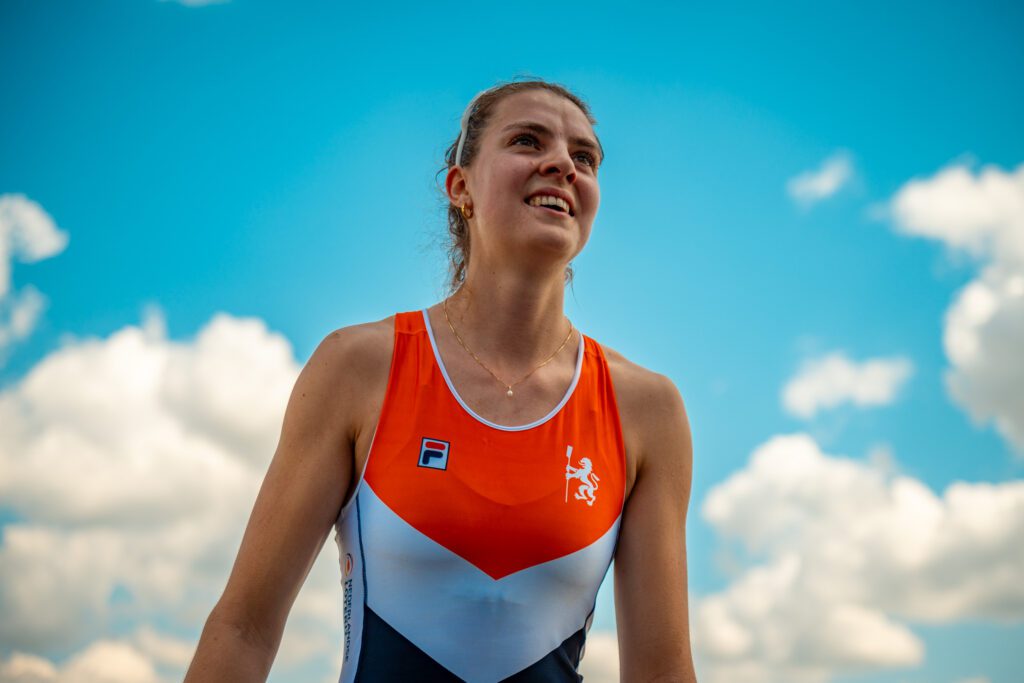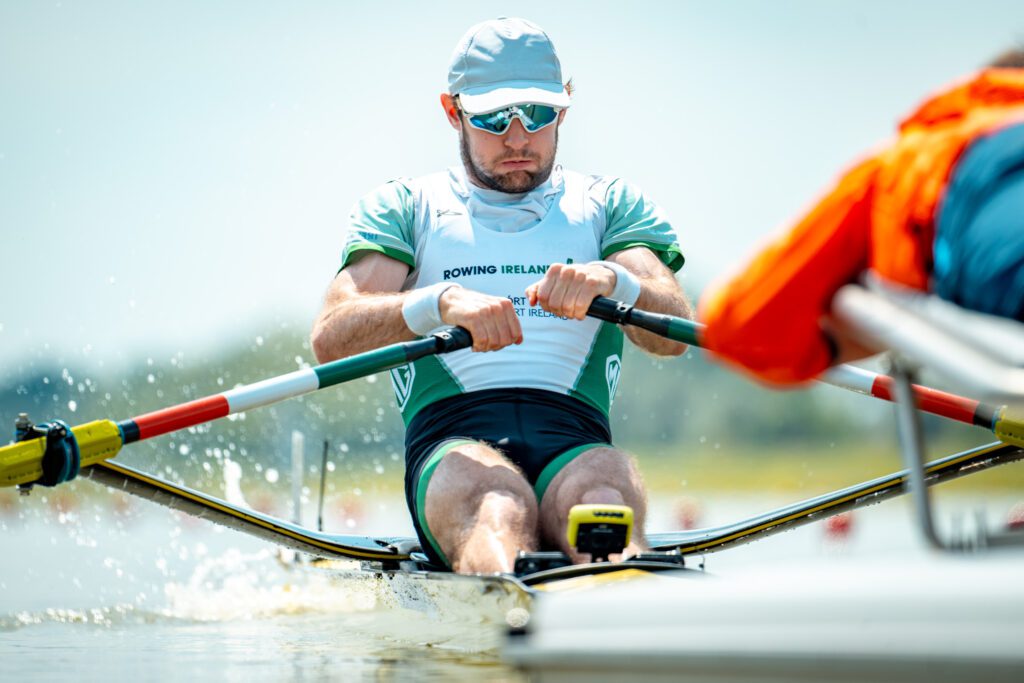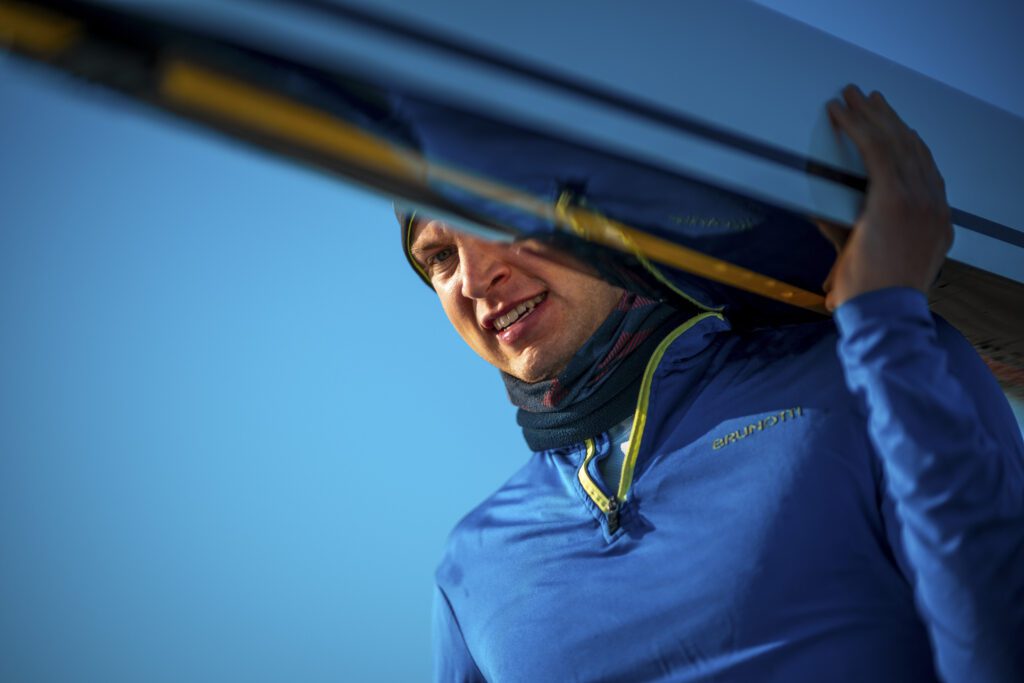BNY Mellon Investment Management have sponsored rowing since 2012 – their first foray into the sport was with the Oxford v Cambridge Boat Races. This year they are celebrating 7 years as the presenting sponsor of the HOCR and they have locked-in to sponsor the HOCR through to 2022.

This year you are celebrating 7 years as a principal sponsor – what do you like about the sport of rowing and the HOCR in particular?
The sport of rowing was always an easy match for us. We believe there are a lot of similarities between our company ethos and rowing as a sport. As the 7th largest asset manager in the world, BNY Mellon Investment Management’s goal is to build and manage investments to meet the ever changing needs of our clients. Our multi-boutique model offers the best of both worlds – specialist expertise from our forward-thinking eight investment firms, offering solutions from across every asset class – all backed by the strength, scale and financial stewardship of BNY Mellon. Similarly, HOCR has welcomed the world’s best crews to the Charles River for the ultimate two-day competition in the specialist sport of rowing. It epitomizes the importance of everyone pulling together for a common goal.
With our sponsorship we are looking at where we can effect positive change – not just badging our logo down the river. A milestone for us was when we helped provide equal rights for women when the Oxford v Cambridge Women’s Boat Race was held alongside the men’s race on the Tideway for the first time in 2015. We then followed that up in 2016 by donating the rights of the sponsorship of the Boat Races to Cancer Research UK. We were the first company to have ever done this worldwide.
This year, BNY Mellon Investment Management is effecting change again with our sponsorship of the HOCR where we are aiming to make the race more sustainable by reducing the use of single use plastics. The sustainability initiative – launching in 2019 – aims to reduce the environmental impact of the weekend-long event. Thousands of spectators and competitors will turn out and this year the focus is on the reduction of single use plastic and so BNY Mellon Investment Management are supporting this by providing fully recyclable water bottles as well as commissioning a sustainability report to look at the steps we would need to take with the HOCR to make the race even more sustainable year on year. This mimics what we have already done with the UK Boat Races where we have championed sustainability since 2015.
Last year you announced you were locking-in to 2022. What factors do you take into account ahead of making such a decision?
When we look at sponsorship, we are not just looking at how we can bring awareness to our brand but how we can use it as a force for good. The kinds of things we look at are – can we be pioneers for change; can we shift industry perceptions about BNY Mellon Investment Management. We believe our business model is how investing should be. It is a contemporary model meeting the needs of today’s investors and we want our brand to reflect that. I think we have been able to achieve that through the sponsorship we have done thus far, and particularly with the HOCR.
We also look at the opportunities to create an impact; and we use sponsorship to drive employee pride in our brand. Pride in the brand leads to a better workplace. Rowers ‘pull together’ and we like to think of our employees as doing the same. For example, after the 2017 and 2018 Boat Races, employees of Newton Investment Management, one of BNY Mellon’s investment firms, helped to clean up the banks of the Thames after the race. The aim was to leave no trace of plastic. It was a great opportunity for staff to get involved and to experience something other than simply going to watch the races. In the first year we worked closely with The Boat Race Company – we called the campaign ‘leave no trace’ – the response from our employees was overwhelming. We also did an impact analysis and sustainability report which looked at what we needed to do to make the Boat Races as sustainable as possible. That is obviously a huge investment in terms of time and effort – but we want to work with The Boat Race Company to build on this. We want to do the same with the HOCR – this is obviously very early days, but we are announcing the initiative this year. We will do the same sustainability report in Boston and use it to build on in the years to come.
We of course also use sponsorship to create brand awareness and connect with clients through their personal passions – HOCR is a good way for us to connect with our clients and consumers; it’s a really good way to drive brand relevancy and connections which you can’t achieve so easily through traditional mediums.
Why is there not more commercial money in rowing?
Rowing is on the right track to becoming a much more inclusive sport, but we still have some way to go. Through our sponsorship of large-scale events such as the HOCR and the Boat Races, we hope to remove the stigma of the sport being labelled as ‘elitist’ and have shown that rowing is a sport that is accessible to all. We are actively closing this gap through our support in the UK for the Future Blues initiative, a new year-round community outreach program launched by The Boat Race Company in association with Fulham Reach Boat Club. Supported by BNY Mellon and Newton Investment Management, the aim of the program is to improve access to rowing by targeting the 52 state schools (and estimated 50,000 students) located across the four London boroughs through which the Oxford v Cambridge Boat Races pass. Having had some recent personal experience in the sport when I rowed the Irish Sea to raise money for CRUK and CASCAID (an asset management industry wide fundraising initiative), I believe rowing is a fabulous sport – it requires a high level of fitness and true teamwork and communications. The more we can tell some of the real stories behind the sport – which includes the grassroots stories like the Future Blues – the better. It can only help to increase commercial money into the sport. It would be fantastic to see even more investment going into female sports overall from corporates – it’s already changing which is great to see.



